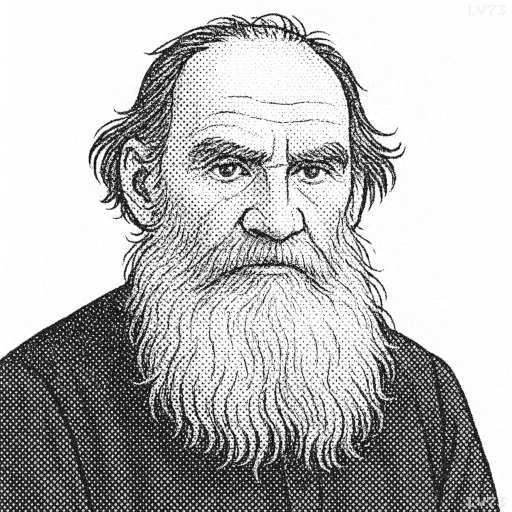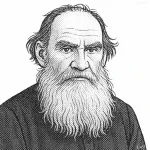“Boredom: the desire for desires.”

- September 9, 1828 – November 20, 1910
- Born in Russia
- Writer, philosopher
table of contents
Quote
“Boredom: the desire for desires.”
Explanation
In this quote, Leo Tolstoy offers a profound reflection on the nature of boredom. He suggests that boredom arises from a lack of meaningful desires—that is, a feeling of emptiness when one has no clear goals or passions to pursue. Boredom occurs when we long for something to desire, yet nothing seems compelling enough to engage us. In a sense, boredom is a craving for the very energy that desires bring, but it is rooted in an inability to find satisfaction or purpose in current circumstances. Tolstoy implies that this feeling of discontent comes not from the absence of activity, but from a lack of deeper meaning or direction in life.
This idea is particularly relevant in modern life, where people often feel overwhelmed by distractions and superficial desires—such as consumerism or digital entertainment—but still experience emptiness or boredom. Many individuals today are caught in cycles of seeking the next distraction or instant gratification, yet the absence of true fulfillment in these desires leads to a sense of longing for something deeper. For example, someone might feel bored despite having numerous material possessions or entertainment options because these desires are not aligned with their core values or long-term aspirations.
Tolstoy’s understanding of boredom also ties into his broader spiritual beliefs. In his later years, he rejected materialism and focused on a simple, purposeful life centered around moral integrity, self-improvement, and a connection to the divine. In his works, Tolstoy explores how the pursuit of deeper, more meaningful desires, such as love, compassion, and spiritual fulfillment, can replace the fleeting distractions that fuel modern boredom. This quote challenges individuals to examine what they truly desire and to seek out goals that provide a sense of purpose and lasting satisfaction, rather than settling for shallow or transient cravings.
Would you like to share your impressions or related stories about this quote in the comments section?


